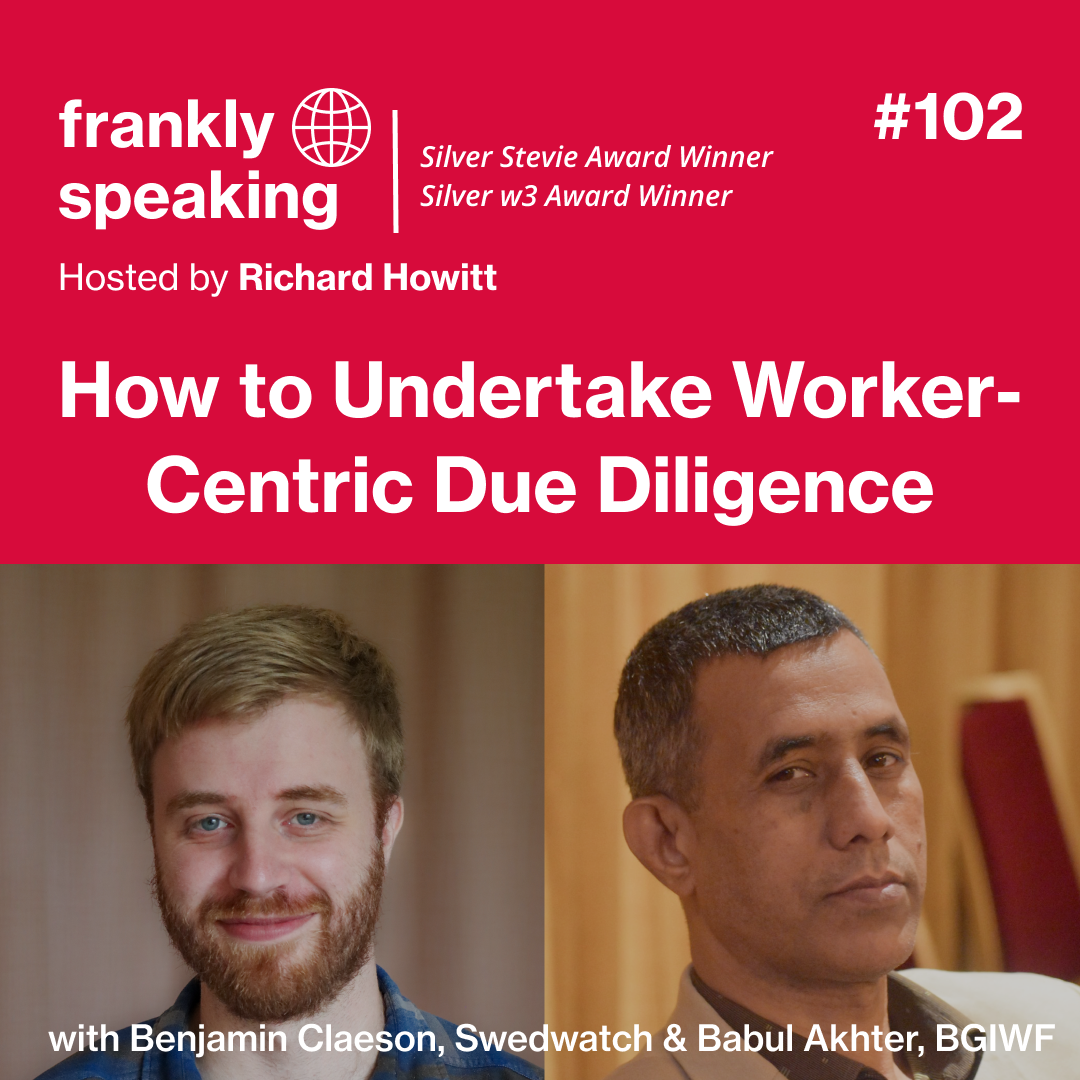Listen to Dr. Anneloes Smitsmann Systems scientist, futurist, founder and CEO of EARTHwise.

“We don't just need to change companies, but to change the system.” How often have we heard this statement?
In this episode, we asked Dr. Anneloes Smitsman what system change means and how companies can contribute to achieving it.
Richard and his guest also discuss if there is a social tipping point where people's acceptance of the need to act on climate change will make a decisive difference in how consumers, employees and investors support the necessary changes in companies.
“When it comes to creating a positive social tipping point, we must not wait for the negative planetary tipping points to act as a catalyst, but rather work proactively to cohere, align all of those movements for the necessary actions, and speak to people's sense of belonging and empowerment in the process.
Because if we don't do that, a lot of that potential is going to be hijacked by many extremist parties.”

.png)

How can we make sustainability governance deliver?


How can worker-centric models of due diligence help to better protect workers and communities worldwide from human rights abuses?
.png)

How did the ESRS simplification process look like from the inside? Listen to Patrick de Cambourg, outgoing chair of EFRAG